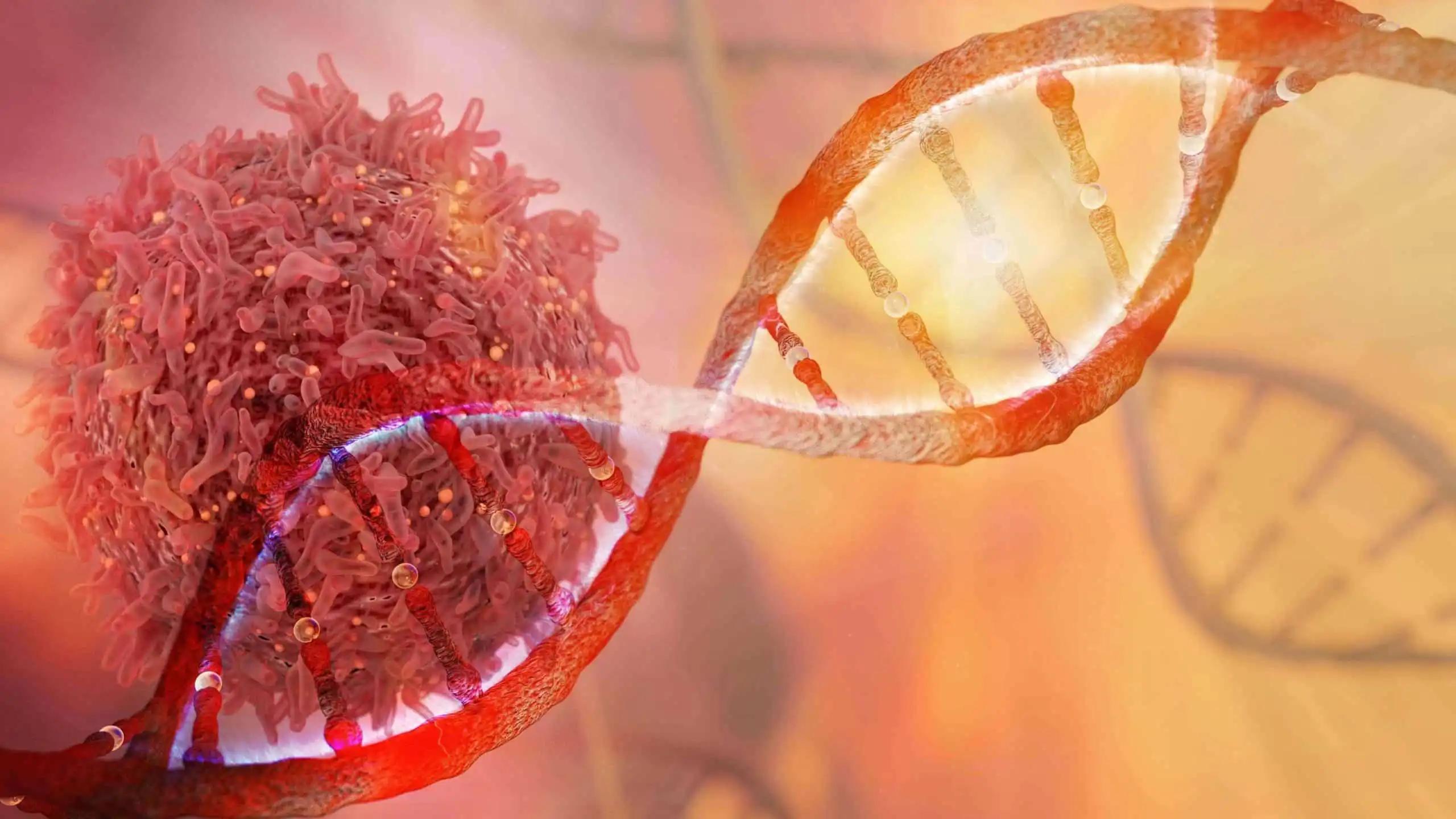KEY TAKEAWAYS
- The phase I trial aimed to evaluate the most suitable drug dose of BI 907828 on advanced solid tumor pts, including DDLPS.
- The primary endpoint was PFS. Secondary endpoints include ORR and TRAEs.
- The study found BI 907828 was a promising drug for advanced DDLPS and is being evaluated in phase II/III trials.
p53 can be inactivated by mutations in its gene (TP53) or bymouse double-minute 2 (MDM2) binding to it. Inactivation of p53 promotes tumor survival and proliferation. BI 907828 is a drug that blocks MDM2, a protein that inactivates p53, a tumor suppressor protein.
Researchers aimed to evaluate the most suitable drug dose of BI 907828 on advanced solid tumor patients(pts), including dedifferentiated liposarcoma(DDLPS).
The phase Ia study has administered BI 907828 on day 1 of 21-day cycles (q3w) or days 1 and 8 of 28-day cycles. In Phase Ib, pts were enrolled in Cohort 1 (TP53wt, MDM2-amplified sarcoma) or Cohort 2 (other TP53wt, MDM2-amplified solid tumors). The main focus was Cohort 1, which received BI 907828 45 mg q3w. The primary endpoint in Phase Ib was progression-free survival (PFS). Secondary endpoints included overall response rate (ORR) and grade ≥3 treatment-related adverse events (TRAEs).
About 137 pts were enrolled among them, 52.6% were male. 56.2% had ECOG PS 0, and 43.1% had ECOG PS 1. The median number of prior systemic therapies was 2, ranging from 0 to 11. Out of the 73 pts who received a dose of 45 mg q3w, the most common any-grade TRAEs were nausea (74.0%) and fatigue (61.6%). Grade ≥3 TRAEs were experienced by 45.2% of pts, with the most common being thrombocytopenia (23.3%), neutropenia (21.9%), anemia (11.0%), and leukopenia (11.0%).
Approximately 30.1% of pts had TRAEs that led to dose reductions, and 8.2% had TRAEs that led to treatment discontinuation. Serious adverse events were reported in 27.4% of pts, with nausea and pulmonary embolism being the most common (each 4.1%), followed by sepsis, small intestine obstruction, vomiting, thrombocytopenia, and pyrexia (each 2.7%). Among 73 pts who received 45 mg q3w and had advanced DDLPS with MDM2-amplified disease, 42 were evaluable. Of these, 8 achieved a confirmed partial response (ORR 19.0%), and an additional 29 had stable disease (including 2 with unconfirmed partial response), resulting in a disease control rate of 88.1%. The preliminary median PFS was 8.1 months.
The study found BI 907828 was a promising drug for advanced DDLPS and is being evaluated in phase II/III trials.
Source: https://meetings.asco.org/abstracts-presentations/220621
Clinical Trial: https://www.clinicaltrials.gov/study/NCT03449381?term=NCT03449381%20&rank=1
Patricia LoRusso, Mrinal M. Gounder, Noboru Yamamoto, Manish R. Patel, Todd Michael Bauer, Junxian Geng, Reinhard Sailer, Yuefen Tang, Girish Jayadeva, and Patrick Schöffski. DOI: 10.1200/JCO.2023.41.16_suppl.11554 Journal of Clinical Oncology 41, no. 16_suppl (June 01, 2023) 11554-11554.



